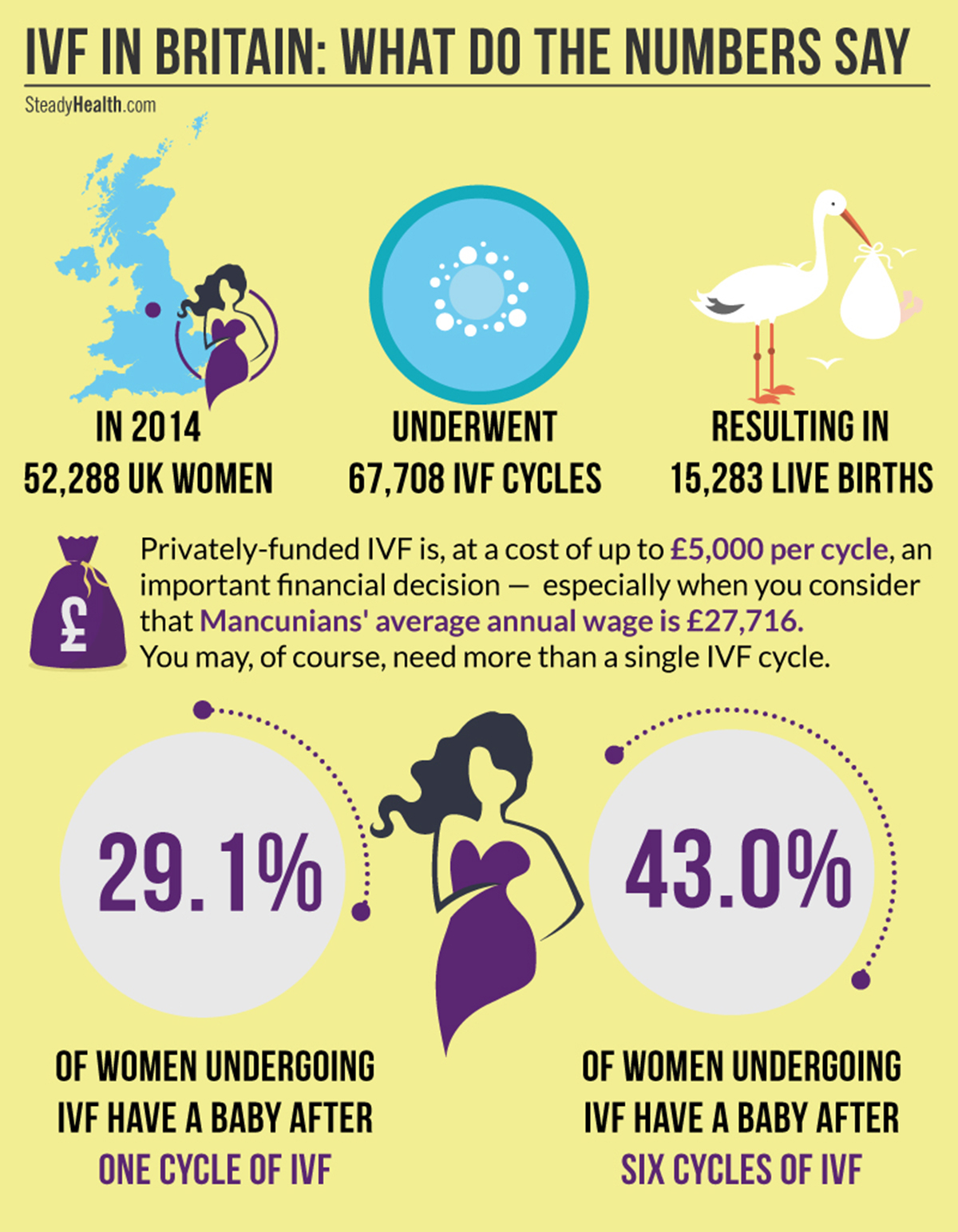All Categories
Featured
Table of Contents
What Is The Best Ivf Fertility Clinic New Mexico?
Numerous people require fertility assistance. This consists of males and women with infertility, many LGBTQ individuals, and single people who desire to raise children. An approximated 10% of ladies report that they or their partners have ever gotten medical aid to conceive. Regardless of a requirement for fertility services, fertility care in the U.S.

More often than not, fertility services are not covered by public or private insurers. Fifteen states require some private insurers to cover some fertility treatment, however significant spaces in coverage stay. Only one state Medicaid program covers any fertility treatment, and no Medicaid program covers synthetic insemination or in-vitro fertilization.

This suggests that in the lack of insurance protection, fertility care is out of grab many individuals. Less Black and Hispanic women report ever having actually used medical services to conceive than White ladies. This is a result of many factors, including lower earnings usually among Black and Hispanic ladies as well as barriers and misunderstandings that may deter women from looking for assistance with fertility.
What Does Reproductive Clinics Albuquerque Nm Cost?
Transgender people undergoing gender-affirming care might likewise not meet requirements for "iatrogenic infertility" that would certify them for covered fertility preservation. Numerous people need fertility help to have kids. This might either be due to a diagnosis of infertility, or since they are in a same-sex relationship or single and desire kids.

Fertility treatments are expensive and frequently are not covered by insurance coverage. While some private insurance plans cover diagnostic services, there is very little protection for treatment services such as IUI and IVF, which are more pricey. Many individuals who utilize fertility services should pay of pocket, with expenses frequently reaching countless dollars.
About 25% of the time, infertility is triggered by more than one aspect, and in about 10% of cases infertility is inexplicable. Infertility quotes, nevertheless do not account for LGBTQ or single people who might also require fertility support for family building. Therefore, there are varied factors that may prompt people to seek fertility care. Dumpster Rental In Plymouth MA.
A Better Fertilization Center New Mexico?
34.8650052533461,-106.593345Patient Info Series. 2017 Our analysis of the 2015-2017 National Survey of Household Growth (NSFG) finds that 10% of women ages 18-49 say they or their partner have ever spoken with a medical professional about methods to assist them conceive (information disappointed).3 Among females ages 18-49, the most typically reported service is fertility advice ().
Many clients lack access to fertility services, mostly due to its high cost and restricted coverage by private insurance and Medicaid. As an outcome, lots of people who utilize fertility services need to pay out of pocket, even if they are otherwise insured. Expense expenses differ extensively depending upon the patient, state of residence, service provider and insurance plan (rental dumpster).
Figure 3: Fertility Treatments Generally Expense Clients Countless Dollars Insurance coverage of fertility services varies by the state in which the individual lives and, for people with employer-sponsored insurance, the size of their employer. Lots of fertility treatments are ruled out "clinically needed" by insurance companies, so they are not generally covered by private insurance strategies or Medicaid programs.
What Is The Best Reproductive Clinic Near Me New Mexico Service?
g., testing) are more likely to be covered than others (e. g., IVF). A handful of states need coverage of fertility services for some fully-insured personal plans, which are managed by the state. These requirements, nevertheless, do not apply to health insurance that are administered and moneyed directly by companies (self-funded strategies) which cover 6 in ten (61%) workers with employer-sponsored medical insurance.
2 states (CA and TX7) require group health plans to use a minimum of one policy with infertility protection (a "mandate to offer"), but companies are not required to pick these strategies. Figure 4: The Majority Of States Do Not Require Private Insurance Companies to Offer Infertility Advantages However, in states with "required to cover" laws, these just apply to particular insurers, for certain treatment services and for particular clients, and in some states have monetary caps on costs they need to cover ().
In other states, practically all insurance companies and HMOs are consisted of in the mandate (Dumpster Rental Plymouth MA). Numerous states offer exemptions for little companies (
Latest Posts
What Is The Best Fertility Company New Mexico Program?
A Best What Is Fertility Center New Mexico
Who Is The Best Fertilization Center New Mexico Service?